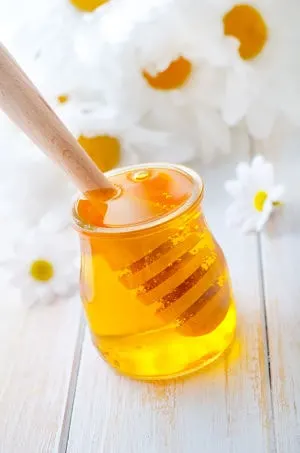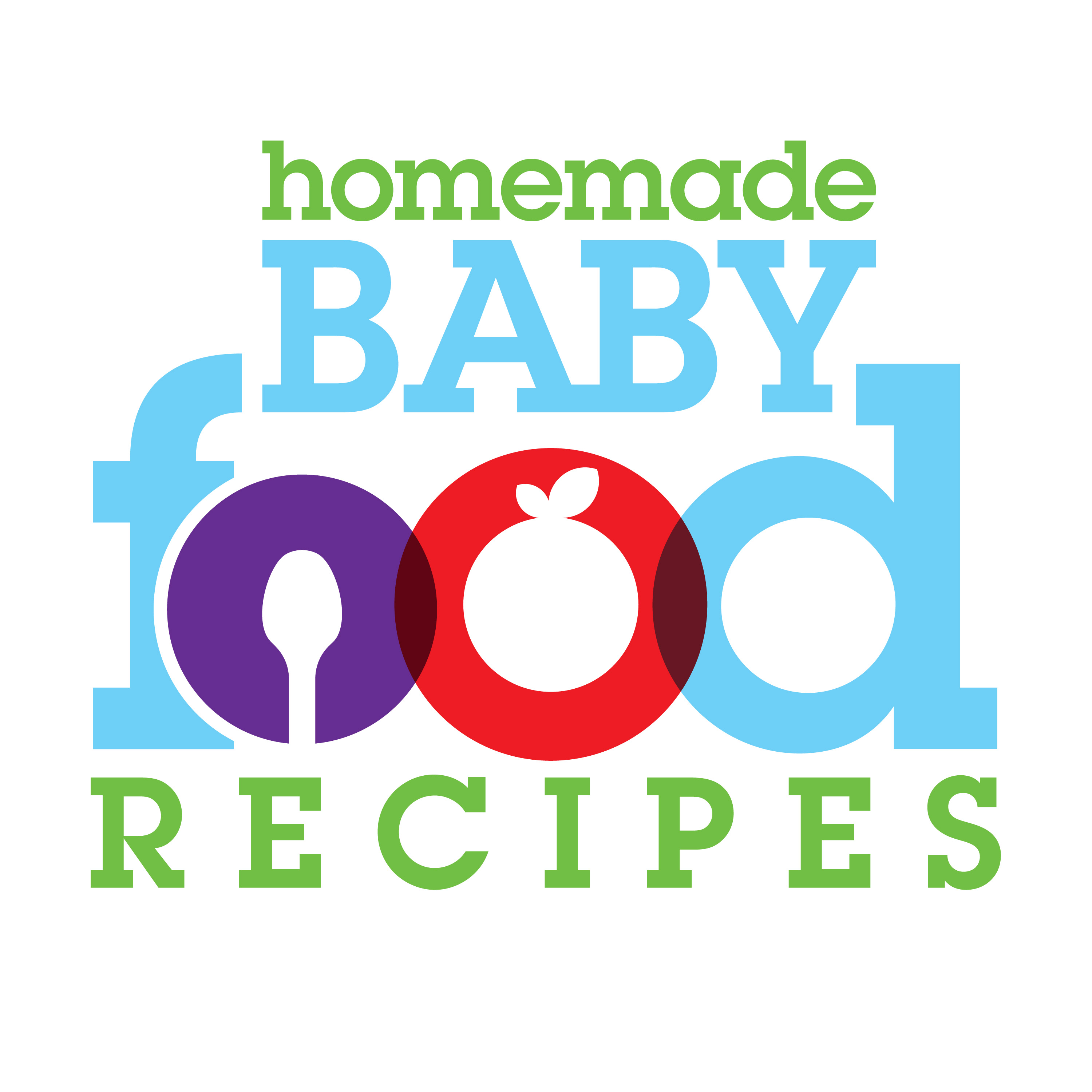 Most of us are aware that babies under 12 months of age should not be given honey.
Most of us are aware that babies under 12 months of age should not be given honey.
This is because honey may contain the spores that can lead to botulism poisoning, a serious condition that can even be fatal in extreme cases.
The advice to avoid honey in the diets of babies under 12 months of age even extends to its use in baked goods or other cooked foods, as we discussed in our post Can I Give My Baby Cooked Foods Containing Honey?
We sometimes receive e-mails from parents whose babies have just celebrated their first birthdays, double checking that it is, indeed, safe to begin including honey in their babies’ diets.
And whilst the risk of botulism may no longer be present (because baby’s digestive system should be developed enough to kill the spores responsible for infection), we STILL wouldn’t recommend adding honey to baby’s food on a regular basis!
Why?
Well, despite the many claims as to the health benefits of honey, it is STILL a form of sugar and it can still damage your baby’s teeth.
Just because you CAN introduce honey at 12 months doesn’t mean that you SHOULD – and after 12 months of carefully avoiding sugary foods in your little one’s diet, there’s no reason to start giving them now!
Now, there IS research to support the fact that certain types of honey do have some redeeming features.
In addition to anti-oxidants and trace amounts of vitamins and minerals, honey has been found to be useful in relieving the night-time coughs of children two years and over, making it a great (and natural) alternative to over-the-counter cough medicines.
It is known to possess anti-bacterial properties, which are particularly useful when it’s applied as a topical agent – i.e. when applied directly to the skin to healp heal burns and wounds. Some varieties of honey even contain bacteria that are ‘friendly’ to the gut and aid digestion.
But honey contains more calories than sugar and the actual amount of anti-oxidants, minerals and vitamins it contains are really quite small. Remember, too, that these are nutrients that can be obtained just as easily from veggies, fruits and whole grains… without any risk to baby’s developing teeth!
In defence of honey, there are studies that suggest that it may be beneficial to teeth, due to its anti-bacterial properties. However, some dentists explain that this is dependent on the type of honey consumed and does not apply to all varieties. We found this information on the dental site www.doctorspiller.com…
Honey contains an enzyme that produces hydrogen peroxide, and which is believed to be the main reason for its antimicrobial activity. Unfortunately, the antimicrobial activity of various types of honey may differ as much as a hundred fold depending on the specific substrate (flowers) from which the bees make their honey. Manuka honey seems to be especially high in the appropriate enzyme. The Manuka shrub is native to New Zealand, so if you live “Down Under” you are more likely to find this type of honey available in stores. The type of commercial honey you buy in North American and European supermarkets is made up from mixed batches collected from multiple sources and the concentration of the appropriate enzyme is likely to be fairly dilute.
More interesting still is this little nugget of information that comes from Ehrlich Dental Associates…
…on land we find only two groups of animals that experience tooth decay: Human beings (and their domestic pets), and bears.
Why bears? Because some of them regularly gorge themselves on honey!
To sum up, we’d say that good quality honey is somewhat better for your baby than white sugar, but should still be given in strict moderation. Blackstrap molasses remains the most nutritious type of natural sweetener and would make a much better alternative for your little one – as would sweetening foods by adding fruits like mashed banana or a naturally sweet applesauce.
What do YOU think? Are you a firm believer in the health benefits of honey? Do you intend to offer it to your little one? We’d love to hear your comments!
